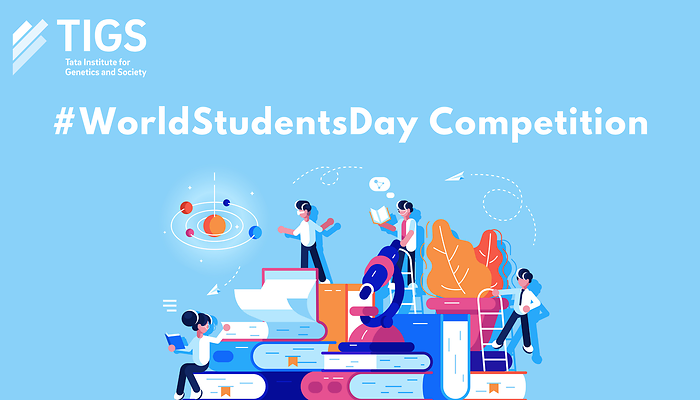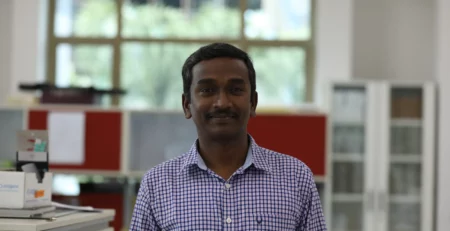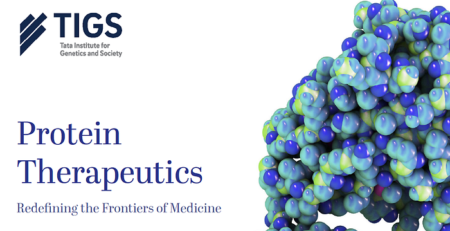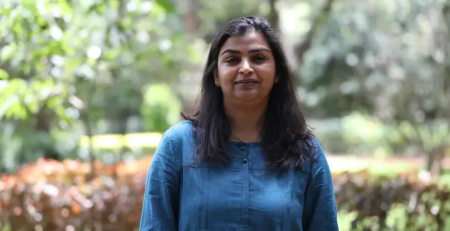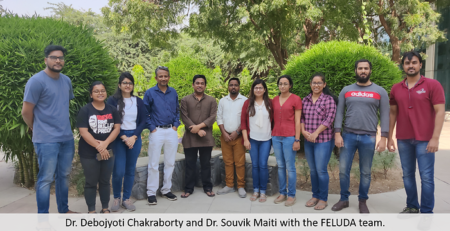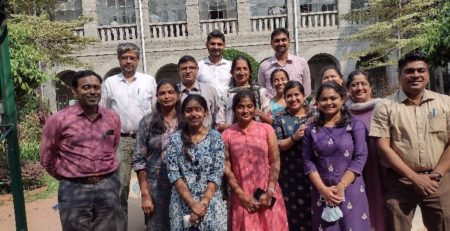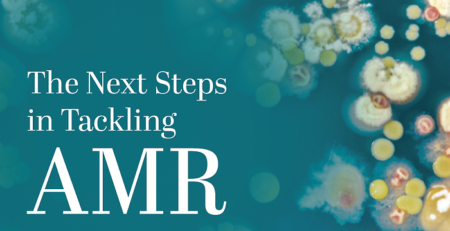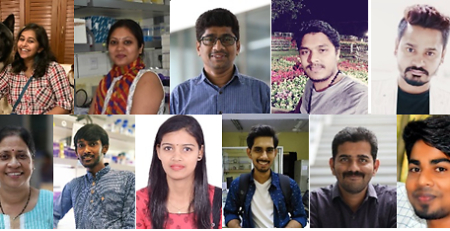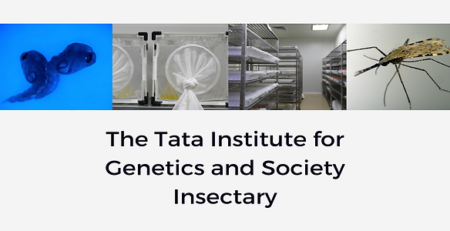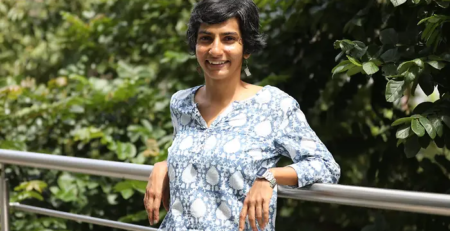On 15 October 2020, we celebrated World Students Day. The day marks the birth anniversary of a visionary scientist and former President of India, Dr APJ Abdul Kalam. From 9 – 15 October 2020, we asked science college students in India to write to us in 100 words ‘what they would like to understand about the world through science.’ From the many entries that came in, we picked three winners – Shantanu Arora, Parag Pallav Singh, and Vrundika Keluskar. Here is a look at what these three bring young minds had to say.

Shantanu Arora, BSc Biotechnology, Amrita School of Biotechnology, Amritapuri, Kerala
Space is vast and ever-growing. Even light takes several years to travel from one system to another. This is one of the reasons why it difficult for us to travel further than our solar system. Hibernation, a state where metabolic reactions of the body are slowed down to a point of nearly no growth for an extended period, could help overcome this. Hibernation pods could help humans travel for years and still gain no years on their body. I want to research and learn about hibernation to make interstellar travel possible.

Parag Pallav Singh, BTech CSE, KIET Group of Institutions, Ghaziabad, Delhi-NCR
I am fascinated by the impact music has on our minds. It helps us refine our motor skills, cognitive abilities and energize our bodies. I would love to learn more about different kinds of music and the impact each of them has on our nervous system. I hope this will help me in identifying healthy music for the mind.

Vrundika Mahesh Keluskar, MSc Biotechnology, Institute of Bioinformatics and Biotechnology, SPPU, Pune
I would like to learn more about neurodegenerative and psychiatric brain disorders. Many people suffer from these brain disorders and this may be due to the combined dysregulation of several factors, including stress, misfolding of proteins, substance/alcohol abuse, or environmental factors. Despite decades of research and advancements, the aetiology of these disorders remains poorly understood. I would like to understand if there are any commonalities in the mechanisms that govern the early onset of these disorders, so that I can look for potential biomarkers that could increase the window for curable treatment.

